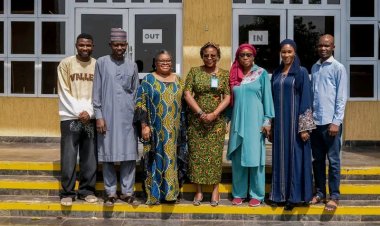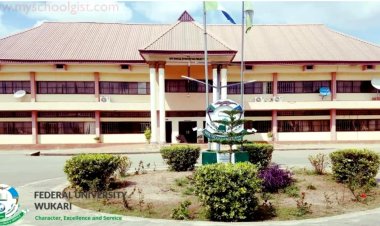COREN Declares Five Universities Unfit to Produce Engineering Graduates

The Council for the Regulation of Engineering in Nigeria (COREN) has taken a stern stance against five universities, declaring their engineering programs unaccredited and their graduates unfit to be recognized as engineers.
In a press conference following COREN's 179th ordinary meeting in Abuja, Registrar Ademola Adisa disclosed the verdict. The affected universities are the University of Abuja, Modibbo Adama University in Yola, and Ambrose Alli University in Edo State, with additional concerns raised about the University of Calabar and the Technical University in Ibadan.
Adisa stated that these institutions have failed to update their licenses for various engineering courses since 2020, resulting in the withdrawal of accreditation and a refusal to recognize their graduates as engineers.
Specifically, the University of Abuja has been running expired courses in chemical engineering and civil engineering, as the accreditation for both programs expired in March 2020, while electronic engineering and mechanical engineering saw their accreditations expire in April 2022.
Modibbo Adama University in Yola faced a similar situation, with agricultural engineering, civil engineering, electrical engineering, chemical engineering, and mechanical engineering operating with failed and expired accreditation status since October 2020.
The University of Calabar and Technical University in Ibadan, on the other hand, have been conducting engineering programs up to the 300 and 500 levels, respectively, without proper resource verification and approval from COREN, rendering these programs illegal.
COREN, a provisional signatory to the Washington Accord, is committed to ensuring the regulation of engineering in Nigeria to meet global best practices, improve the quality of life, and promote sustainable development. As part of this commitment, COREN maintains a register of qualified engineers and seeks to ensure the quality assurance of engineering programs in tertiary institutions.
The affected universities have been officially notified and urged to rectify their non-accreditation status. Failure to do so may lead to their blacklisting as non-accredited institutions, rendering their engineering graduates ineligible for registration as engineering practitioners.
Adisa further emphasized the need for all engineering practitioners to obtain their annual licenses for 2023 in compliance with Nigerian laws governing engineering practices, warning of potential sanctions for non-compliance.





